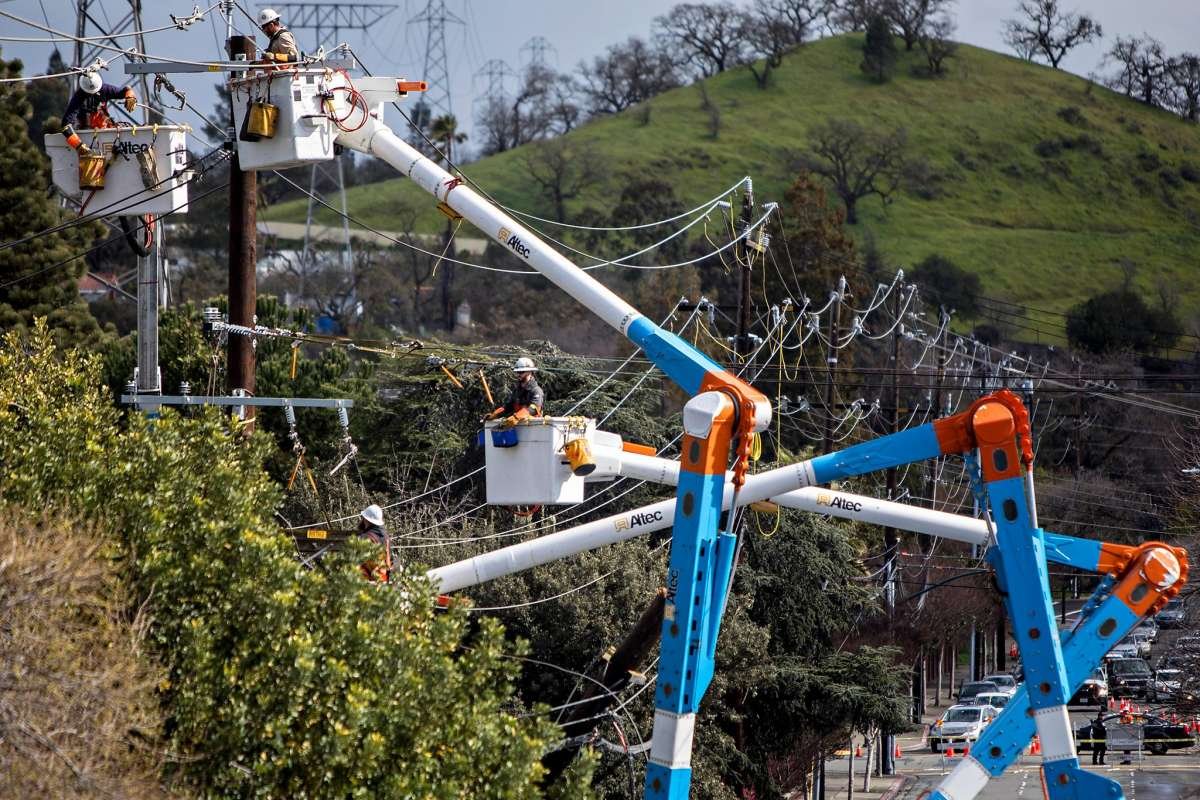
Generational Trends in Vehicle Ownership and Use: Are Millennials Any Different?
Professor Christopher Knittel and CEEPR graduate Elizabeth Murphy delve into the data to determine if conventional thinking regarding Millennials pans out. Their findings indicate there is little difference in preferences for vehicle ownership versus prior generations when controlling for confounding variables.
SEE FULL ARTICLE
Don’t Expect Car Ownership to Become Obsolete
Christopher Knittel and Elizabeth Murphy’s recent work on millennial vehicle ownership trends are highlighted in this Economics Opinion piece on Bloomberg.
SEE FULL ARTICLE
Earth Hour 2019: Turning off lights won’t save the planet but these ‘green’ actions will
In an article on Global.ca, a panel of experts, including Prof. Knittel, highlight choices one can make to reduce your carbon footprint.
SEE FULL ARTICLE
Despite ‘Car-Free’ Hype, Millennials Drive a Lot
In this article on CityLab, reporter Laura Bliss discusses findings from a new working paper by CEEPR Director Christopher Knittel and recently graduated CEEPR Research Assistant Elizabeth Murphy.
SEE FULL ARTICLE
Fuel-switching and Deep Decarbonization
Fuel-switching is inevitable to achieve deep decarbonization. This has, inter alia, prompted an increasing number of countries to announce coal phase-out mandates in the power sector. This working paper suggest that, when accounting for stranded assets, a decarbonization pathway that is based on gradual transition to renewable energy and initially retains coal generating assets turns out to be less expensive than a strict coal phase-out.
SEE FULL ARTICLE
California wants to reform PG&E, but just how is uncertain
In this SF Chronicle article, a group of experts, including CEEPR Director Christopher Knittel, weigh in on some of the potential reforms and changes that PG&E may consider.
SEE FULL ARTICLE
Subscribe To Our Newsletter
Subscribe now and check outour Past newsletters


